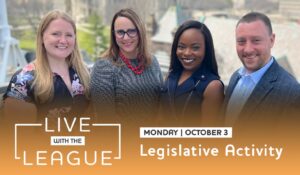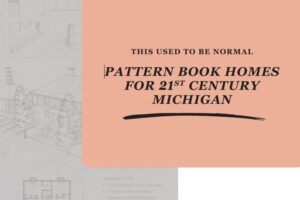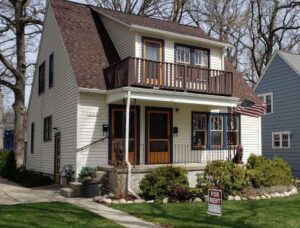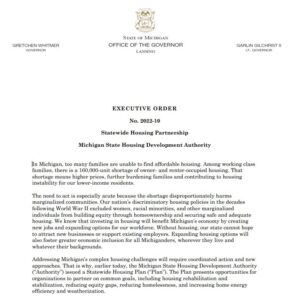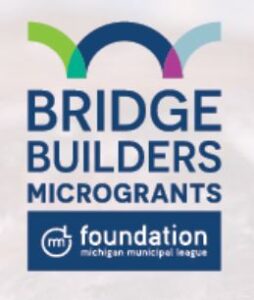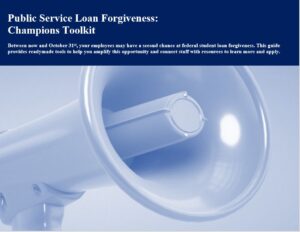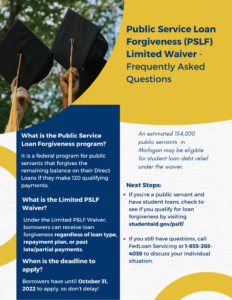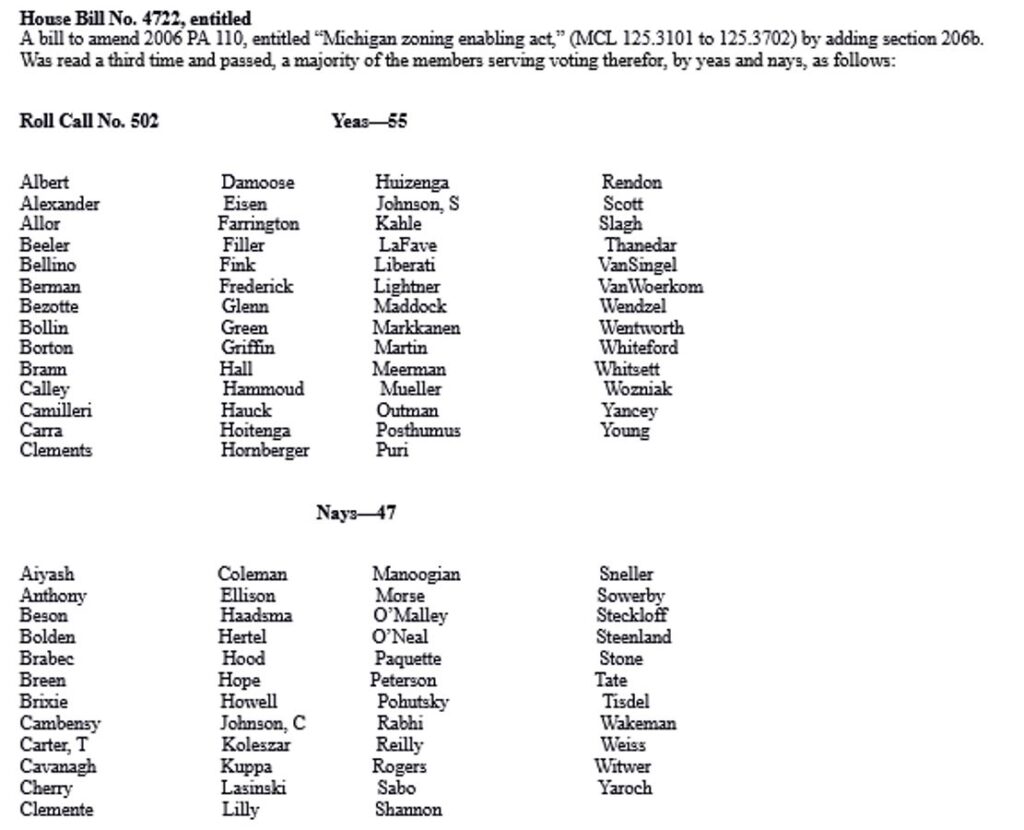 There’s an excellent article by MiBiz.com about the short-term rental housing issue in Michigan that’s worth checking out and sharing with your constituents and those running for state office this summer. The Michigan Municipal League’s Jennifer Rigterink is our lead on the short-term rental housing issue and she’s quoted extensively in the news piece.
There’s an excellent article by MiBiz.com about the short-term rental housing issue in Michigan that’s worth checking out and sharing with your constituents and those running for state office this summer. The Michigan Municipal League’s Jennifer Rigterink is our lead on the short-term rental housing issue and she’s quoted extensively in the news piece.
She explains how the state’s housing crisis is tied to the short-term rental regulation involving sites like Airbnb and VRBO.
“I think what you’re seeing especially in our high-destination areas is that there’s starting to be a more intense amount of housing that’s being taken off the market for vacation rentals, leaving less for individuals looking to buy a home or rent a home where they’re going to live, or even an apartment,” Rigterink told MiBiz.
Granting short-term rentals a universal designation as a residential use via the pending House Bill 4722 could also create obstacles for Michigan’s Statewide Housing Plan, Rigterink added.
“I think anyone — the administration or legislators — talking about this issue needs to answer the question of: Do we have a housing issue in Michigan? Does that bill [HB 4722] help our housing issue or hinder it?” Rigterink said.
The Statewide Housing Plan’s goals for new units, new owners and rentals couldn’t be achieved while competing with vacation rentals for housing stock, Rigterink argues.
“There’s no way we’re going to be able to come close to any of those goals by also passing unfettered vacation rentals,” she said. “All locals are asking for is the ability to balance housing stock for their residents and businesses as well as visitors.”
 The short-term rental issue is currently at a stalemate in Lansing after the disastrous HB 4722 was approved in the House and lingers in the Senate. The topic will likely becoming a Lame Duck issue toward the end of the year after the November election.
The short-term rental issue is currently at a stalemate in Lansing after the disastrous HB 4722 was approved in the House and lingers in the Senate. The topic will likely becoming a Lame Duck issue toward the end of the year after the November election.
As officials run for state offices in the upcoming August primaries and November general election and are out in the public at candidate debates, forums, open office hours, or are going door to door, be sure to get their stance on the attainable housing issue and HB 4722 that would allow up to 30 percent of a community’s housing stock turned into short-term rentals. It’s particularly important to explain that HB 4722 views short-term rentals as residential and not commercial properties. Also, it permits short-term rentals in all residential districts and the bill states short-term rentals can’t be treated differently than other dwellings in the same district. Basically, the bill lays out that there’s no difference between a place where someone lives and a place someone visits.
This bill (view our website with details here) would make the housing crisis even worse because it would allow for corporations to come into a community and buy up multiple homes for the sole purpose of turning them into commercial businesses with a revolving door of part-time time, vacation-minded tenants in your neighborhoods. Under HB 4722, without any local regulations there’s nothing to stop a neighborhood being overtaken by short-term rentals.
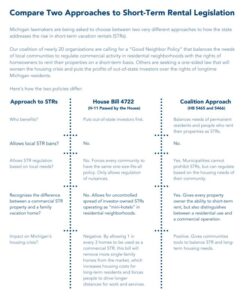
A look at the Good Neighbor legislation in comparison to other legislation proposing to regulate short-term rentals.
The MiBiz article also details short-term rental legislation that the MML supports, such as “the Good Neighbor Policy” legislation – House Bills 5465 and 5466 – that are supported by a coalition of organizations representing local government, public safety, the restaurant and lodging industry, economic development and more.
House Bills 5465 and 5466 would amend the Michigan Zoning Enabling Act to allow all property owners to rent their property for up to 30 days a year in residential areas, create a statewide short-term rental database, establish safety standards, and ensure municipalities’ right to regulate for health, safety and nuisance issues.
As introduced, HB 5465 would also establish a 5 percent tax on short-term rentals that would split revenue between local governments and Michigan’s tourism promotion program, which more traditional lodging options already contribute to.
“We see that these really help balance those needs of the community as well as the rights of property owners,” Rigterink told MiBiz.
Despite the bipartisan effort of the 20 organizations behind the bills, the legislation has sat in a House committee for eight months without a hearing.
The crux of the issue is whether short-term rentals are residential or commercial. Backers of HB 4722 want them to be classified as resident use, but the MML disagrees.
“We’re not saying that every single short-term rental is a commercial use. But there’s a difference between someone renting out their home or their second home a few times a year to pay their property taxes, upkeep and maintenance or just wanting to make some money when they’re not using their property (versus) individuals and LLCs who are out there buying up properties to run vacation rental businesses out of them — that is a commercial use,” Rigterink said to MiBiz.
HB 4722 would institute a cap of no more than two commonly owned short-term rental properties in one municipality, but the Michigan Municipal League fears that cap “has a loophole big enough to drive a semi through it,” because most real estate investors create separate LLCs for each property, Rigterink said.
Please contact the League’s Jennifer Rigterink if you have any questions on this topic at jrigterinnk@mml.org and 517-908-0305.
 We’re sharing this from our friends at the Michigan Department of State. It’s a call to action for more election workers for the upcoming Nov. 8 general election.
We’re sharing this from our friends at the Michigan Department of State. It’s a call to action for more election workers for the upcoming Nov. 8 general election.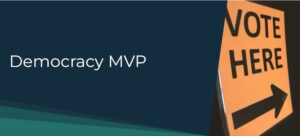 Here are the details to becoming an election worker and getting paid to do so:
Here are the details to becoming an election worker and getting paid to do so:
